Why the DropD DAO Could Become a Hyperobject of Love, Care, and Commitment?
In an era defined by algorithmic intimacy, decentralisation, and cultural breakdown, a bold new hypothesis emerges: What if a social commitment network, originally conceived as a dating alternative, evolved into a planetary-scale governance structure —a hyperobject?
Yes, that’s right. Think beyond dating apps. Beyond platforms. Think DropD DAO not as a digital entity, but as a hyperobject, a non-local, evolving, emotionally entangled infrastructure whose scale, temporality, and purpose stretch far beyond what we traditionally understand as matchmaking or social networking.
If you think this sounds like sci-fi for crypto-romantics, buckle up.
What’s a Hyperobject Again?
Coined by philosopher Timothy Morton, a hyperobject is an entity so vast in time and space that it cannot be fully grasped at once. Climate change is one. The internet is another. So is AI.
Hyperobjects are:
- Massively distributed: existing in fragments across space-time
- Viscous: they stick to us; we can’t escape them
- Temporally deep: they stretch across generations
- Nonlocal: no one can view or control them in their entirety
- Phasing: they flicker into awareness only through complex systems
Now, imagine a DAO that grows beyond tokenomics, into something emergent, persistent, and civilization-scale. That’s the arc DropD may be on.
DropD as a Post-Marriage Social Operating System
The DropD whitepaper doesn’t just critique dating apps. It reimagines human pair-bonding through six converging forces:
- Mass contraception
- Decline of marriage
- Egalitarianism
- Digital boredom
- Gender homogenization
- Rise of P2P technologies
By offering a new structure, including floating marriages, communal parenting, and ROCCA smart contracts, DropD proposes not a tweak to love, but a new social infrastructure for relational life.
This infrastructure is:
- Distributed (decentralized identity, role-based social architecture)
- Persistent (user data, tokens, and relationships evolve over time)
- Inter-objective (emerging from the behaviour of clubs, communities, and smart contracts)
- Unbounded (not limited by geography, legality, or traditional morality)
Which checks all boxes of a hyperobject.
DAO as Governing Layer, Not Regulatory Shell
From the perspective of Jason Potts’ Governing Hyperobjects, the traditional tools of law and economics fail because they assume:
- Well-defined boundaries
- Static agents
- Localized actions
- Simple causality
DropD DAO defies these assumptions.
Like AI or blockchains, it becomes ungovernable from the outside. Instead, it requires co-governance from within. Its own members, through token-based proposals, club-level ethics courts, ambassador programs, and smart contracts, become the agents of fluid, adaptive self-governance.
This is a regulation not through enforcement, but through incentivized alignment.
Entanglement at Scale: From Users to Rituals
A hyperobject doesn’t just persist technically. It entangles lives. DropD DAO proposes:
- Spiritual fatherhood over legal paternity
- Love Grounds that function as civic spaces
- Community matchmaking, not just romantic pairing
- Reputation and ethics tracking instead of arbitrary swipes
The platform becomes a mirror to evolving human norms, adapting not via rules, but through shared rituals, evolving archetypes, and self-written social codes.
This is cultural computation at a planetary scale.
The DropD DAO that Lives Longer Than Its Founders
A hyperobject does not die with its creators.
DropD DAO, if aligned well, could:
- Outlast any single feature or interface
- Evolve new use cases: elder communes, childcare cooperatives, re-partnering frameworks
- Incorporate machine learning and AI into matchmaking at an archetypal level
- Serve as a network layer for new cities, economies, even religions of love and care
The economic architecture, tokens, circular economies, decentralised data ownership ensure it doesn’t dissolve under the pressure of traditional VC metrics.
Like AI and blockchain, it becomes an institution, but one built for emotions, ethics, and shared futures.
A Call to Think Big, and Long
To call DropD a dating app is like calling the Internet a fax machine. It may have started with love, but it ends with civilization design.
As hyperobjects require, DropD will need:
- New visual tools for mapping social dynamics
- Long-term reputation systems
- Common epistemic frames to govern collective meaning
- A design language for evolving norms, not static rules
If it succeeds, DropD DAO doesn’t become the “Facebook of Love.”
It becomes an operating system for a post-institutional civilization, co-created by people who dare to imagine a world where commitment scales better than commerce.
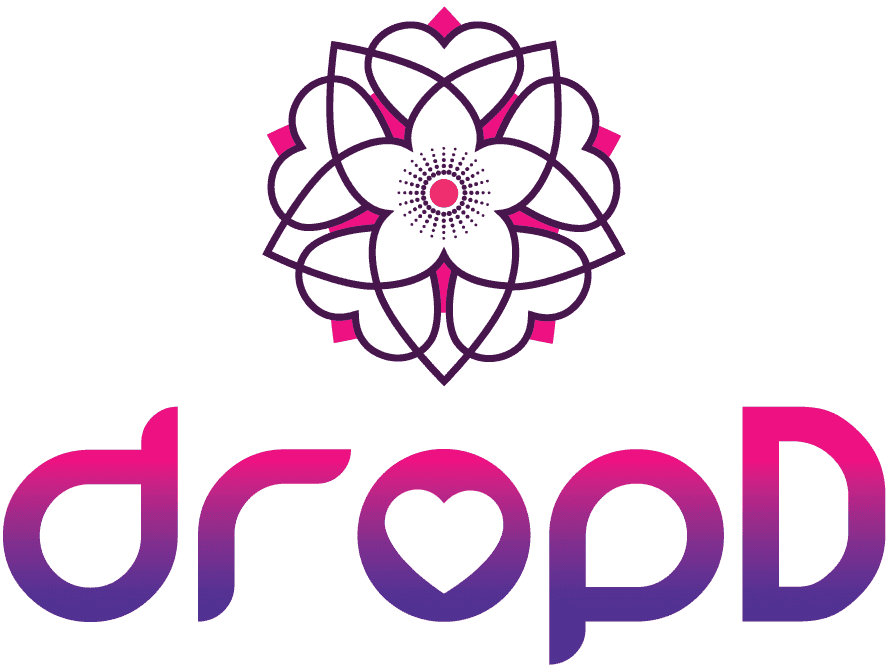
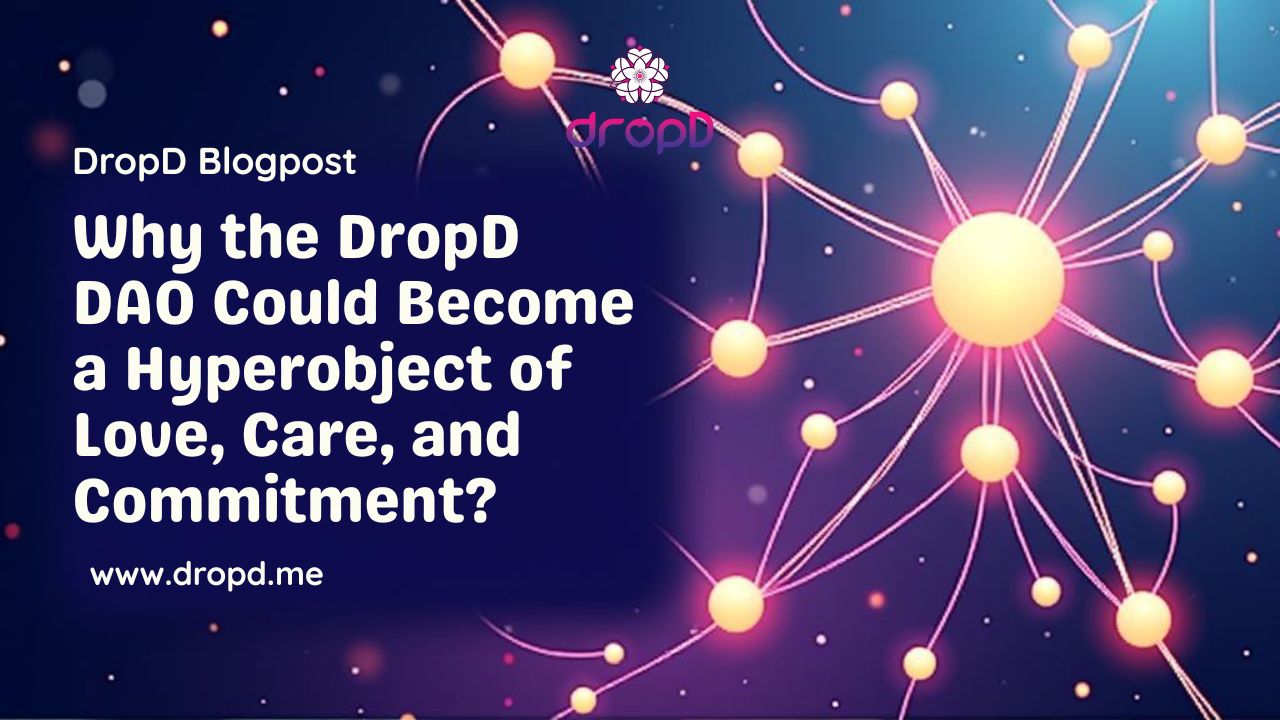
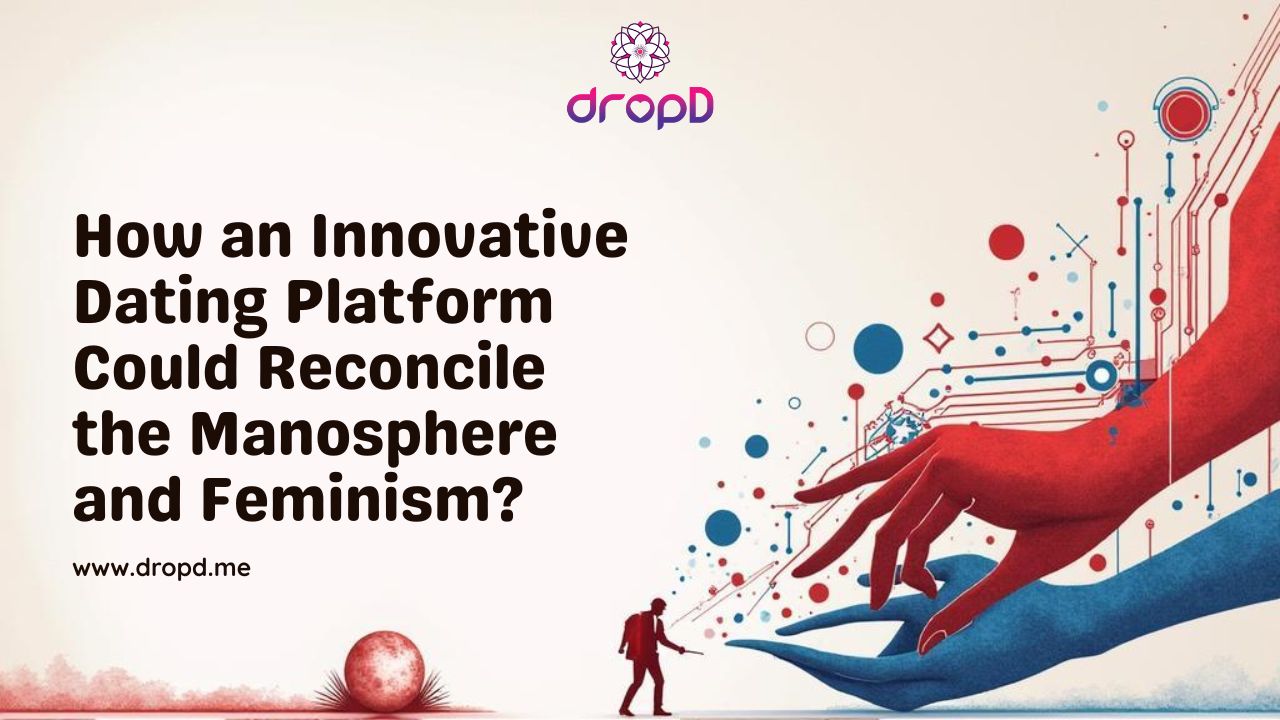
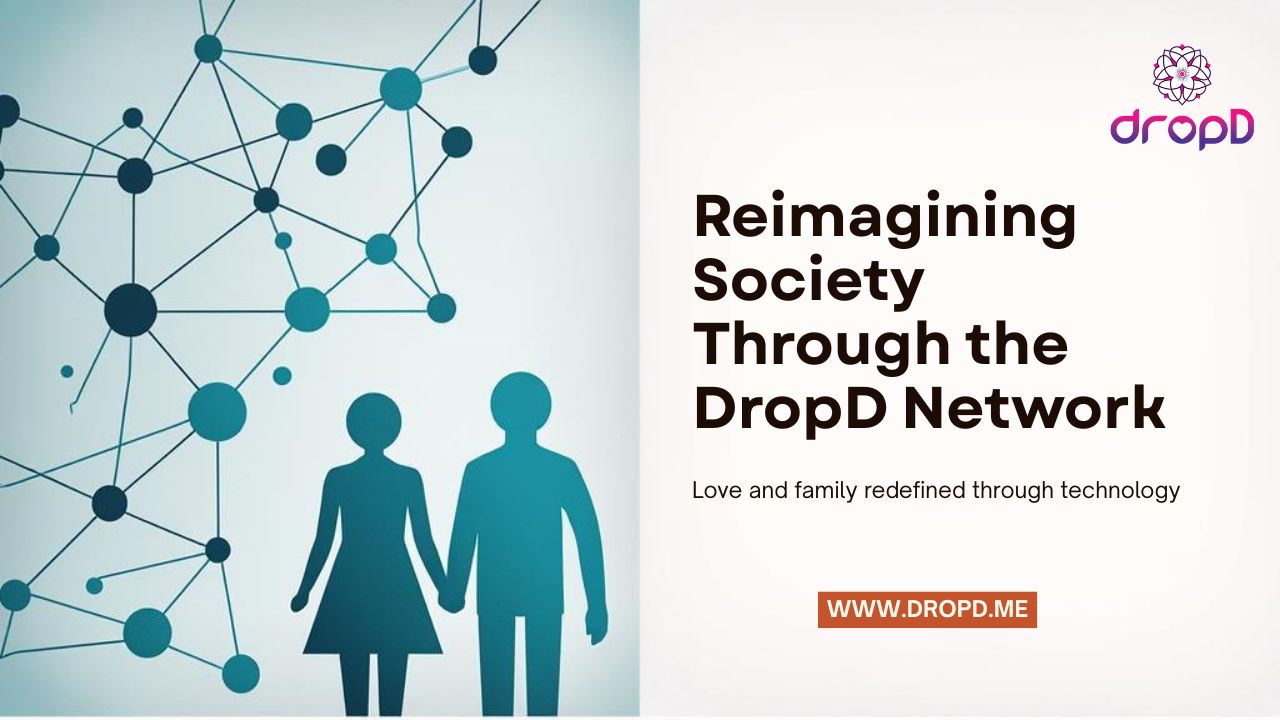
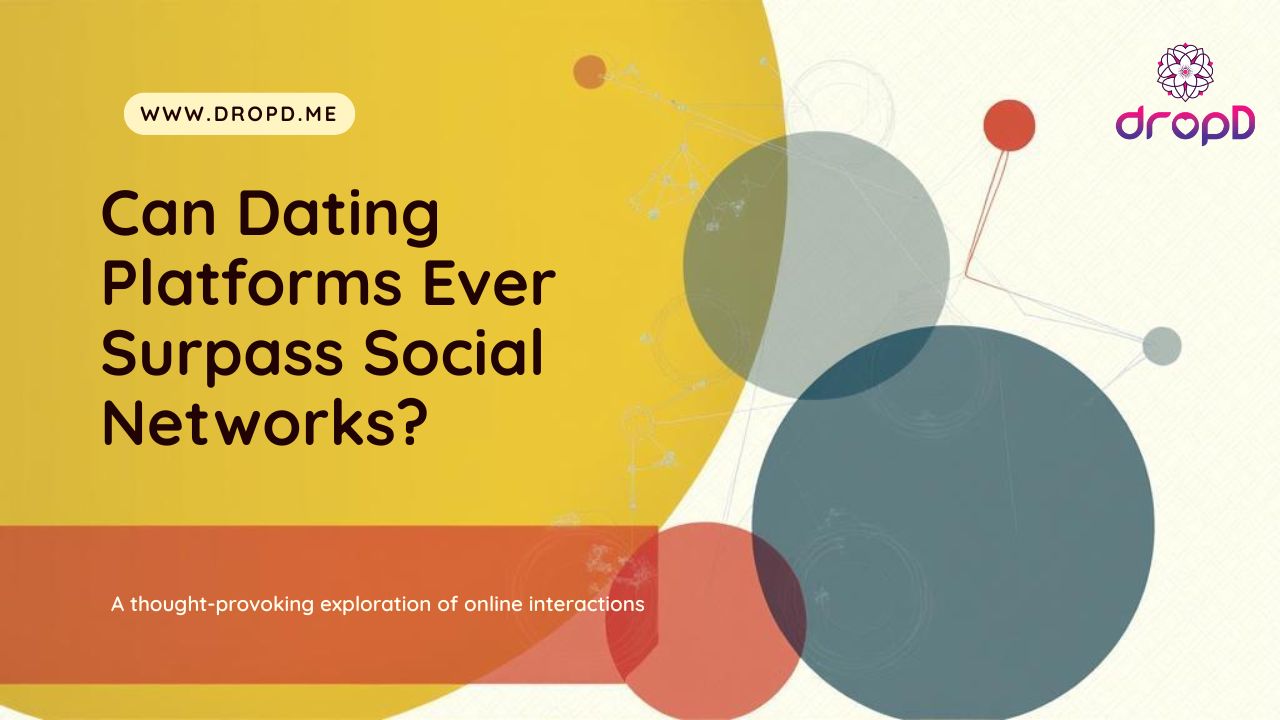
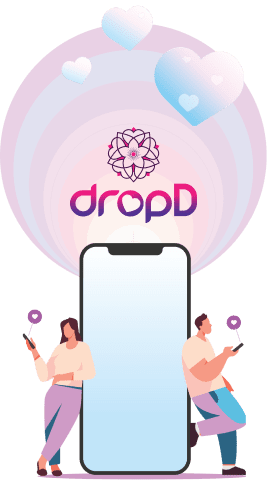
1 comment(s)
Melanie Bush
Spy-loop helped me monitor my husband’s phone when I was gathering evidence during the divorce. I got virtually every information he has been hiding over […] Read MoreSpy-loop helped me monitor my husband’s phone when I was gathering evidence during the divorce. I got virtually every information he has been hiding over a year easily on my own phone: the spy app diverted all his Whatsapp, Facebook, text messages, sent and received through the phone: I also got his phone calls and deleted messages. he could not believe his eyes when he saw the evidence because he had no idea that he was hacked. he can also improve dept on credit cards i strongly recommend h a c k s e c r e t e @ g m a i l . c o m . you can also reach him if you’re not able to withdraw your funds from any online trading platform like expert-option ,cal financial, Analyst , coinspot, Ctxprime and many more Read Less